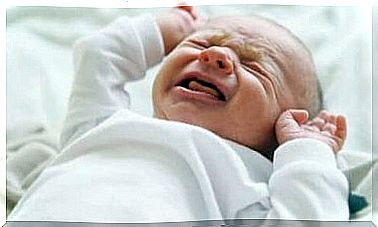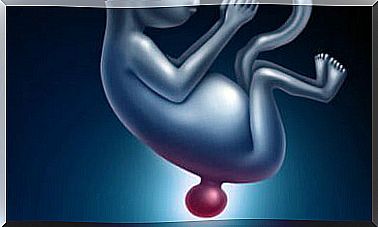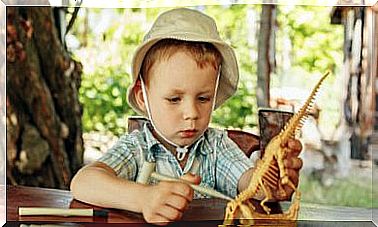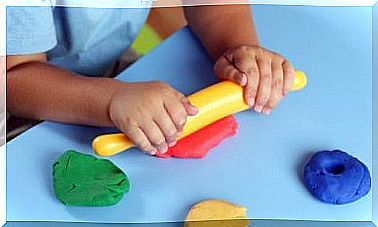Psychological Effects Of Traditional Punishments

It has always been common to use corporal punishment to educate children. However, the possible psychological effects of traditional punishments on children should be considered.
The education a person receives during his childhood and adolescence from his parents or guardian can determine his future behavior. Punishment is regarded as the practice of imposing something unpleasant for educational purposes. It must be kept in mind, however, that education does not require an iron punishment, especially when we know that it can harm the little one.
Corporal punishment to educate one’s children is a widespread practice throughout the world and throughout history. It is possible to see it quite frequently in every country, some are very similar and all are at the convenience of the parents. There are also psychological punishments, which generate damage that goes beyond the physical dimension.
More and more, parents are in the habit of physically and emotionally punishing their children. In this way they think they are correcting their behavior, without realizing that they get the exact opposite. The more a child is punished, the more aggressive and violent they can become, which will reflect negatively in the future.
The possible psychological effects of punishments
Punishments have several effects that can adversely affect the child’s life. For example, they can cause depression, aggression, violence, among other unpleasant consequences.
Many parents find that, without overdoing it, physically punishing their children is helpful in teaching them not to behave in a certain way. In order for the little ones to behave appropriately, most parents use negative punishment.

In some cases the physical punishment reaches the levels of maltreatment and, therefore, tends to cause psychopathology and some violent behavior in the child. Among the psychological effects of corporal punishment we find:
- Punishment does not eliminate misconduct, it only suppresses it temporarily. It does not teach how to behave, but limits unwanted attitudes.
- It damages the emotional bond between parents and children. Generally, the child moves away from the parent who punishes him, because it arouses fear and discomfort.
- It stimulates aggressive behavior and complicates other emotions. It does not favor the child’s personality or his emotional development.
- A punishment can damage a person for life, especially when it is suffered for no reason. Sometimes, in fact, parents punish their children to release their stress.
- It can lead to certain feelings of guilt in the child or in the parents. Most punishments reflect anger and resentment.
In case the punishment is very harsh, it can cause great fear in the child. He is likely to try to hide from those who punished him, in other words certain punishments can destroy trust and the relationship with his parents.
Punishments and the development of the child’s personality

Most of the time parents resort to punishment because they do not know other ways to correct the conduct of their children. In most cases, it is an ideological imposition, which forces us to think in only one way.
It is common for a parent, faced with inadequate, difficult or uneducated behavior of their child, to decide to educate them in an extreme way without considering the possible psychological effects of punishment on the child. In these cases it is easy to hinder the correct development of the child’s personality. Moreover, creating a rebound effect in which little becomes more rebellious and distrustful.
Even some non-corporal punishment can harm the baby. His dignity is often attacked, and this happens above all at school, where the punished minor can be the object of ridicule.









